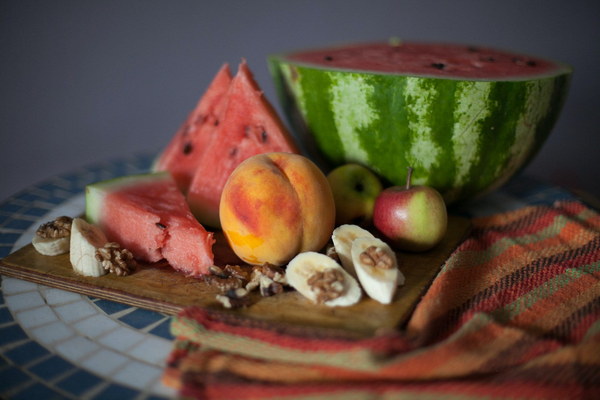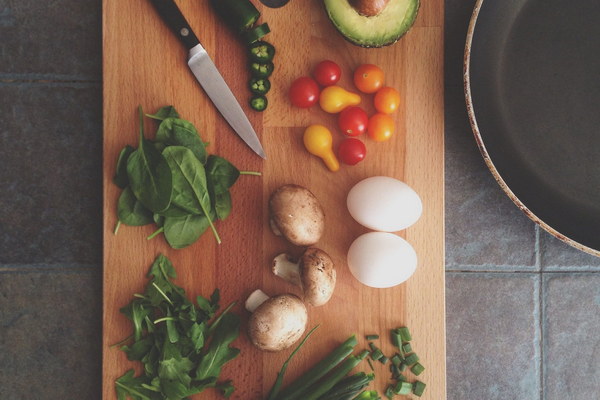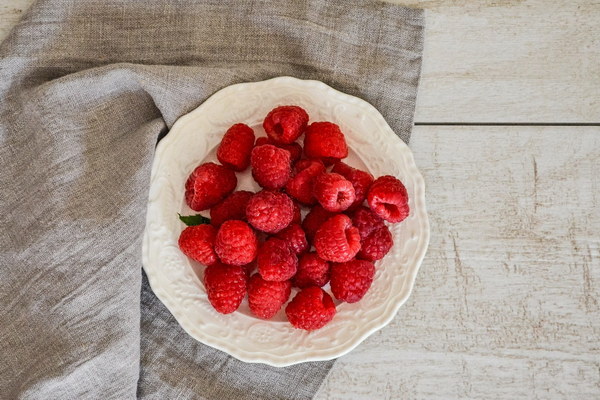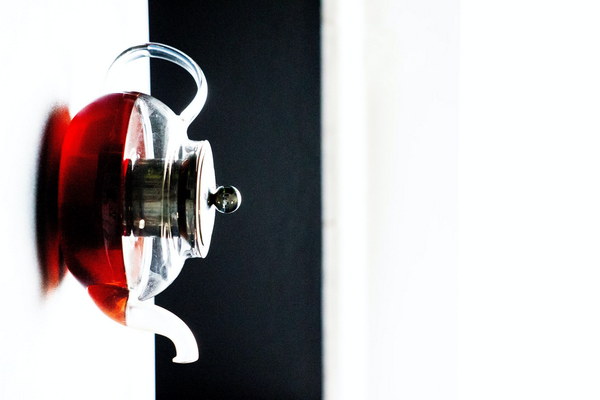Unveiling the Art of Dampness-Relieving Chinese Medicine Decoction A Traditional Remedy for Modern Times
In the realm of traditional Chinese medicine (TCM), dampness is considered an internal imbalance that can lead to a variety of health issues. To combat this condition, TCM practitioners have developed a range of decoctions that help to expel dampness from the body. These decoctions are not only effective in treating dampness-related ailments but also offer a natural and holistic approach to wellness. In this article, we will delve into the art of dampness-relieving Chinese medicine decoction, exploring its ingredients, preparation, and benefits.
Dampness in TCM is often described as a substance that resembles thick, sticky mud, which can accumulate in the body and impede the smooth flow of Qi (vital energy). When dampness is present, it can manifest in various ways, such as fatigue, weight gain, bloating, and even more severe conditions like arthritis and edema. To counteract this, TCM utilizes a combination of herbs that work together to eliminate dampness and restore balance.
The following are some of the key ingredients commonly found in dampness-relieving Chinese medicine decoctions:
1. Atractylodes macrocephala (Cang Zhu): This herb is known for its ability to expel dampness and strengthen the spleen, which plays a crucial role in transforming dampness into urine.
2. Poria cocos (Fu Ling): Poria is a potent diuretic that aids in draining dampness and clearing heat from the body.
3. Alisma orientale (Ze Xie): Alisma is often used to treat damp-heat conditions, as it helps to drain dampness and reduce swelling.
4. Cynanchum wilfordii (Bai Zi Ren): This herb is used to nourish the heart and calm the mind, which is particularly beneficial for dampness-related mental disorders such as depression and anxiety.
5. Pinellia ternata (Ban Xia): Ban Xia is a potent drying agent that helps to transform dampness into urine, thereby alleviating symptoms such as bloating and edema.
To prepare a dampness-relieving decoction, follow these steps:
1. Gather the necessary herbs, ensuring they are of high quality and fresh.
2. Rinse the herbs thoroughly to remove any impurities.
3. Cut the herbs into small pieces or grind them into a powder, depending on the recipe.
4. Place the herbs in a pot and add enough water to cover them by a few inches.
5. Bring the water to a boil, then reduce the heat and simmer for about 30 minutes.
6. Remove the pot from heat and let it cool slightly.
7. Strain the decoction through a fine mesh sieve or cheesecloth, separating the liquid from the herbs.
8. Drink the decoction while it is still warm, once or twice a day, depending on the severity of the dampness.
Benefits of Dampness-Relieving Chinese Medicine Decoction:
1. Improved digestion: By strengthening the spleen, these decoctions can help improve digestion and reduce symptoms like bloating and constipation.

2. Weight loss: Eliminating dampness can lead to weight loss and a more balanced body composition.
3. Increased energy levels: Removing dampness from the body can result in higher energy levels and a greater sense of vitality.
4. Better mental health: Dampness-relieving decoctions can help alleviate mental disorders associated with dampness, such as depression and anxiety.
5. Reduced risk of chronic diseases: By maintaining a healthy balance of dampness in the body, individuals can reduce their risk of developing chronic diseases like arthritis and edema.
In conclusion, dampness-relieving Chinese medicine decoction is a traditional and effective remedy for treating dampness-related health issues. By understanding the ingredients and preparation methods, individuals can incorporate this ancient practice into their modern lives, promoting overall well-being and preventing potential health complications.









